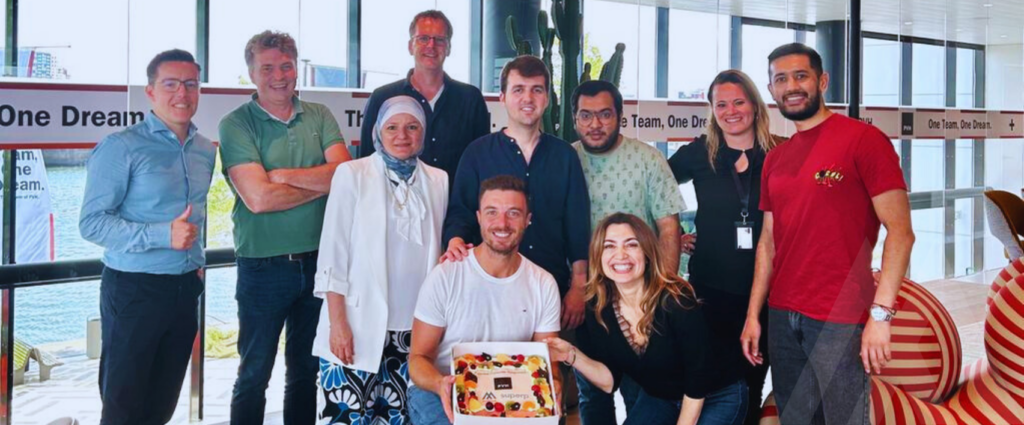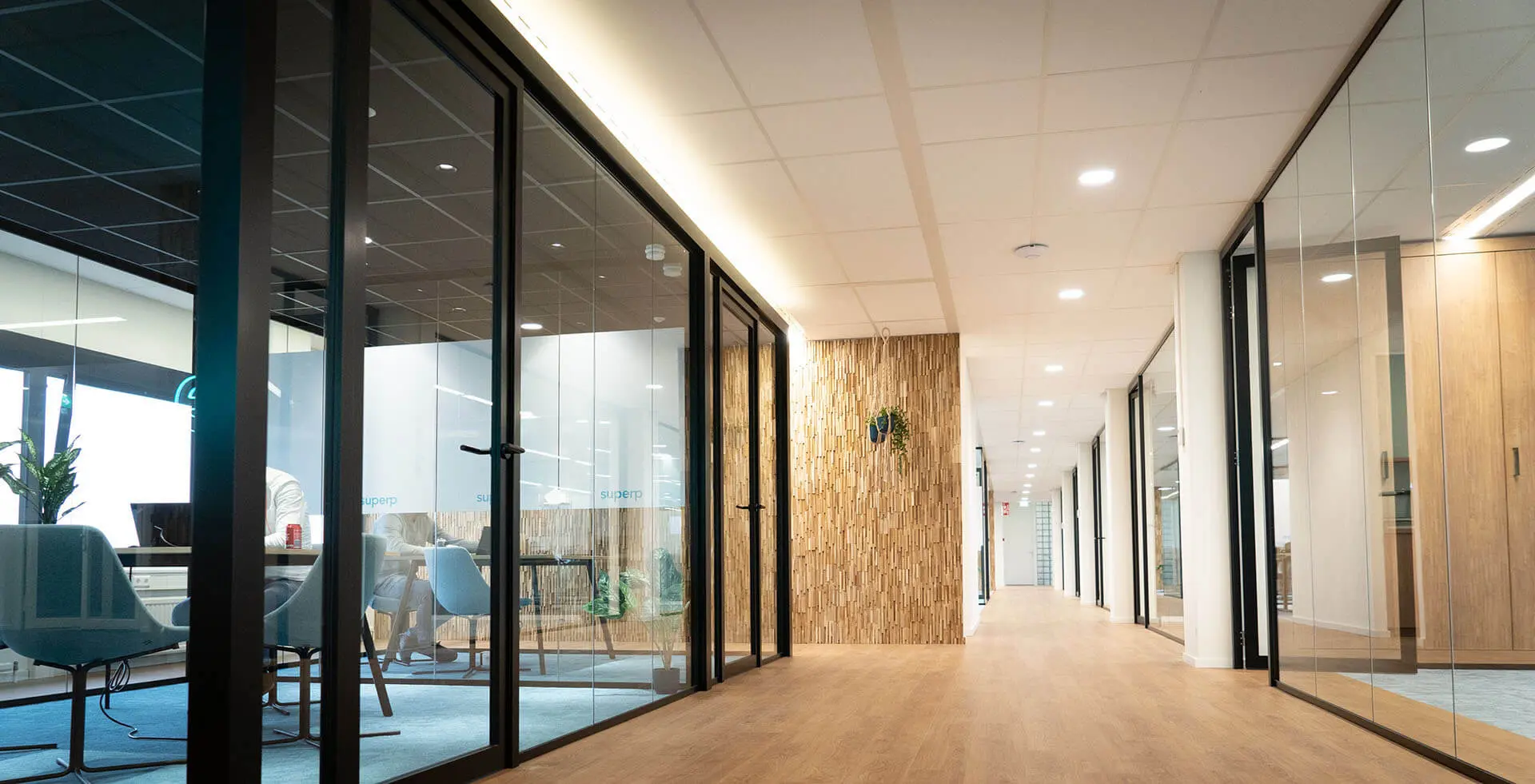PVH — dynamically linking 30,000 European retail outlets to 1,200 sales representatives
PVH is the parent company of major fashion brands Tommy Hilfiger and Calvin Klein. We had previously developed several Mendix apps for processes that could not be integrated with standard SAP systems. This time, we created an application to improve and automate the process of allocating customers to sales representatives.
What was the challenge?
PVH’s customers are retail outlets and chains that sell Tommy Hilfiger and Calvin Klein clothing. The items are divided into product lines, such as kid’s fashion and underwear. PVH sales representatives work in local sales teams and are responsible for one or more product lines and one or more customers.
The customer, the sales representative and the sales team comprise three closely connected elements of the sales process. A change in one will affect the other two. And with 30,000 outlets, 27 product lines and 1,200 sales representatives, there are a huge number of dependencies and conceivable combinations. Because manual processing is both labour intensive and error prone, PVH decided to carefully review and improve the customer allocation process.

What solution did we deliver?
We built a Mendix app tailored to PVH’s specific requirements. Rules are defined in the app that automatically allocate customers to sales representatives; if required, this can also be done manually. When PVH now makes a change in SAP FMS for a customer, the streaming-event platform Kafka receives the change and sends it to the Mendix application. The app automatically processes the change and feeds it back to all relevant systems in the organisation. This ensures that sales representatives always have the right customer information at hand.
Individual countries maintain their own sales teams and sales representatives directly in the app and are no longer dependent on HQ for this. Any changes, such as staff onboarding and offboarding, are immediately updated in all of PVH’s customers’ digital showrooms, points of sale and other systems.
Where did the complexity lie?
This project was characterised by both organisational and technical complexity. The development team consisted of 12 people from five organisations or departments in different countries. It’s difficult with any project to get so many people on the same page, let alone when there are large distances involved.
The technical complexity lay in the dynamic design of our solution: when new fields are added to a particular customer in SAP, they are automatically included for that customer in the Mendix app. A further challenge was the large number of messages sent to Kafka. Because these operations are carried out in the background, the user experience is now maximised, and technical execution is seamless.
How did we make the difference?
At MxBlue, we like to simplify complexity. This allowed us to have a marked impact on the project. But that was not all. We were successful in ensuring our cross-company and cross-country team remained in high spirits. A clear division of responsibilities prevented blame-shifting, and, thanks to the high level of mutual trust, there was genuine teamwork.
We also looked carefully beforehand at what needed to be built and at the solutions already available. By using Kafka and components from the Mendix app store, we significantly reduced development time and costs. With this app, we helped PVH make meaningful strides in automating and optimising its processes. Here’s to the next challenge!






